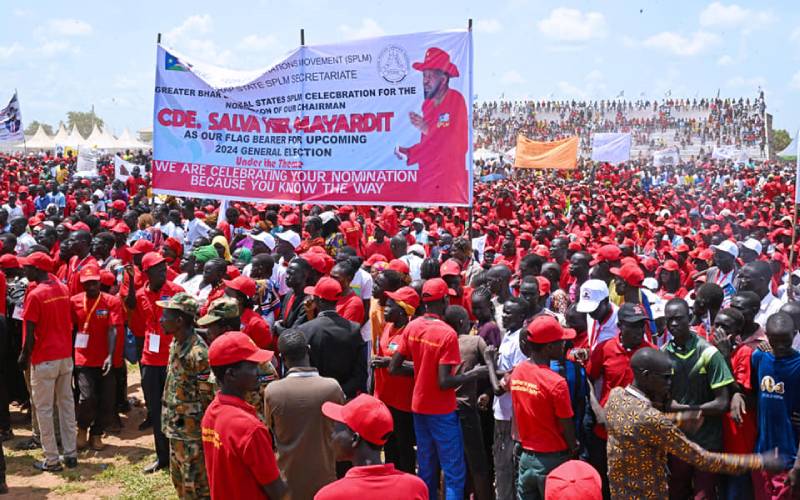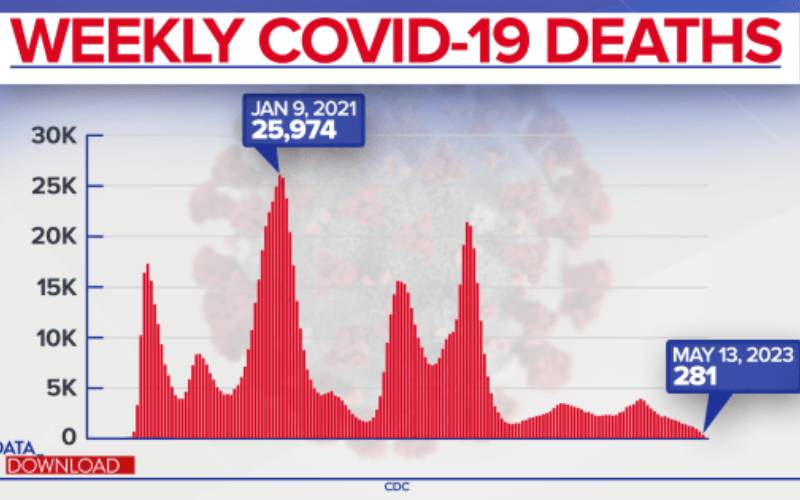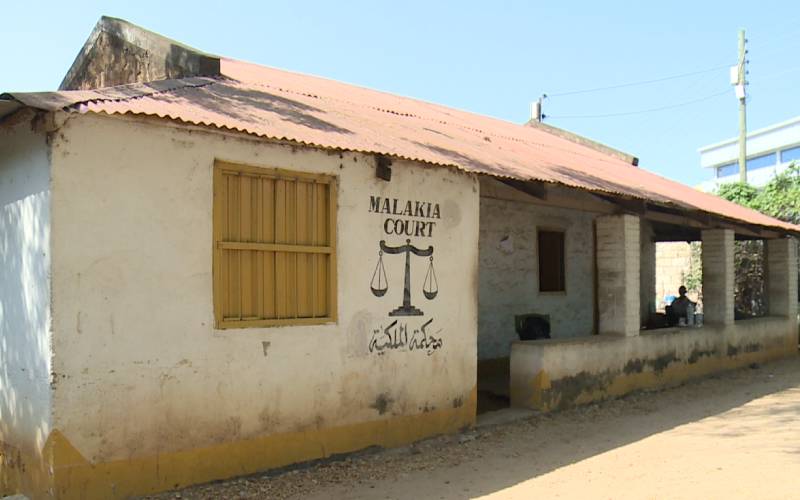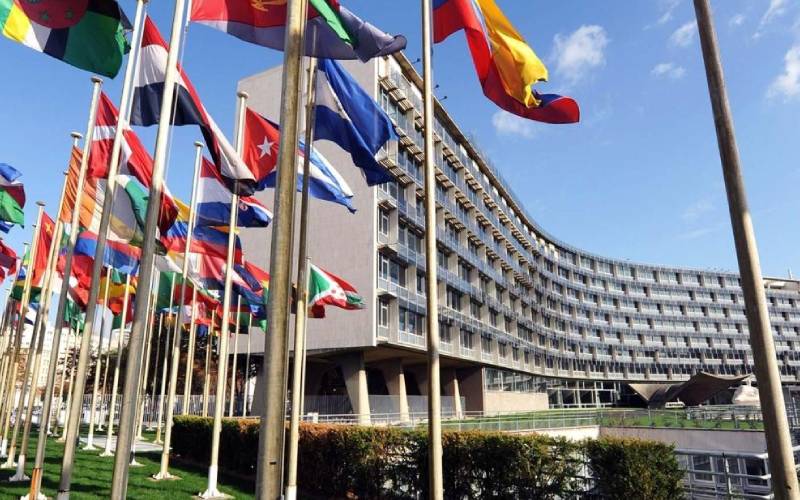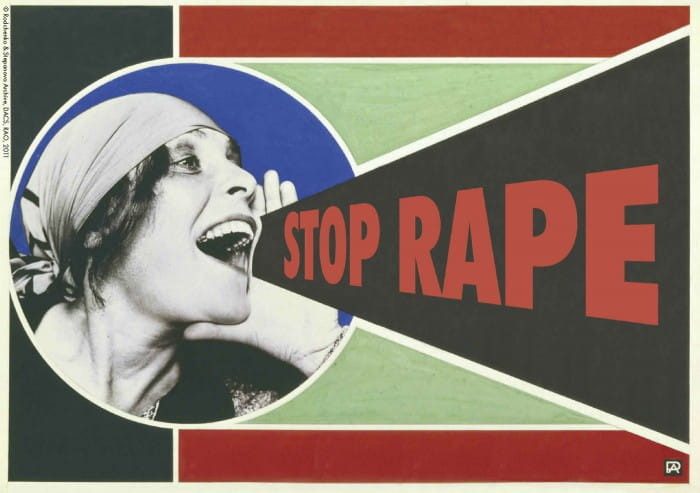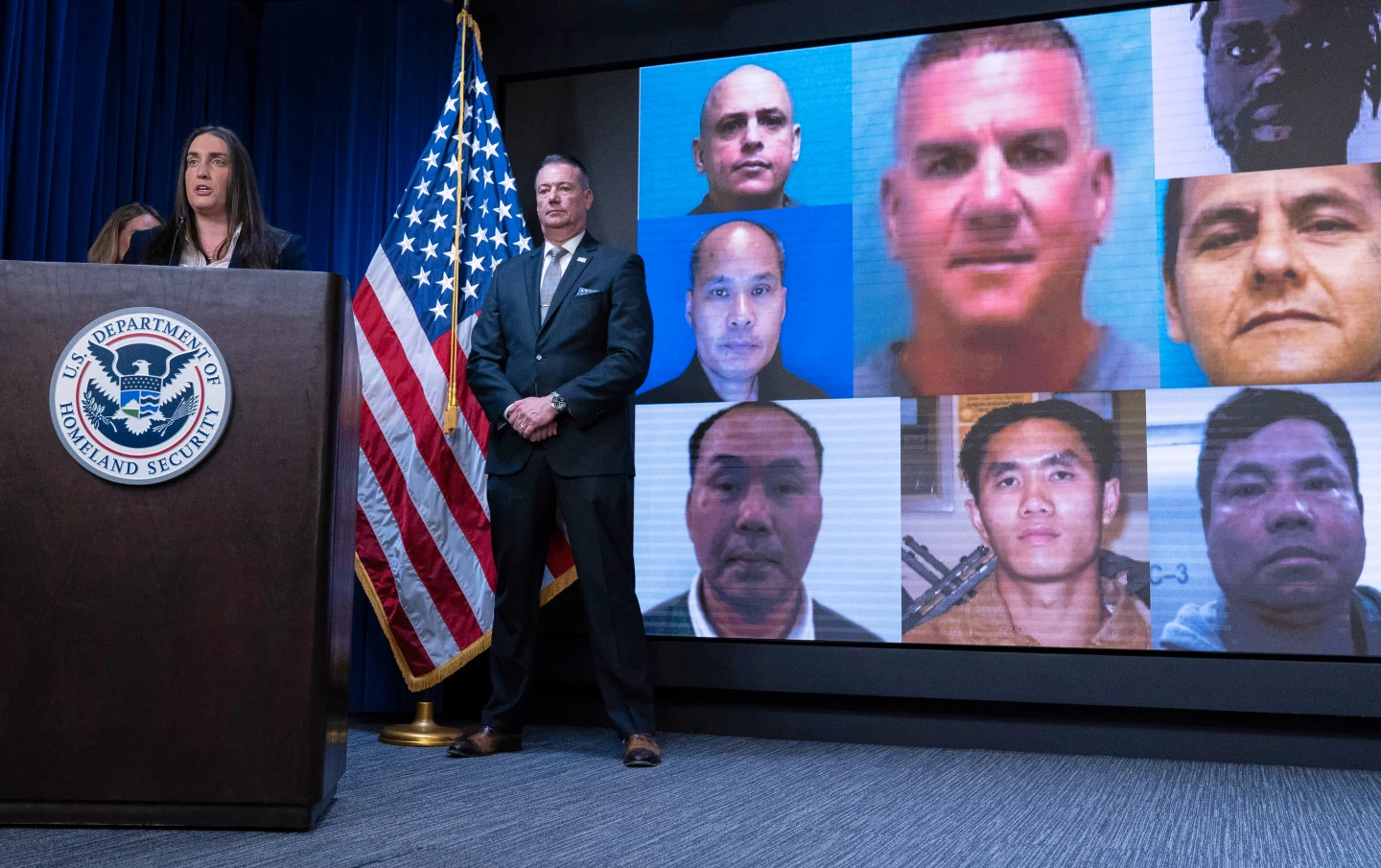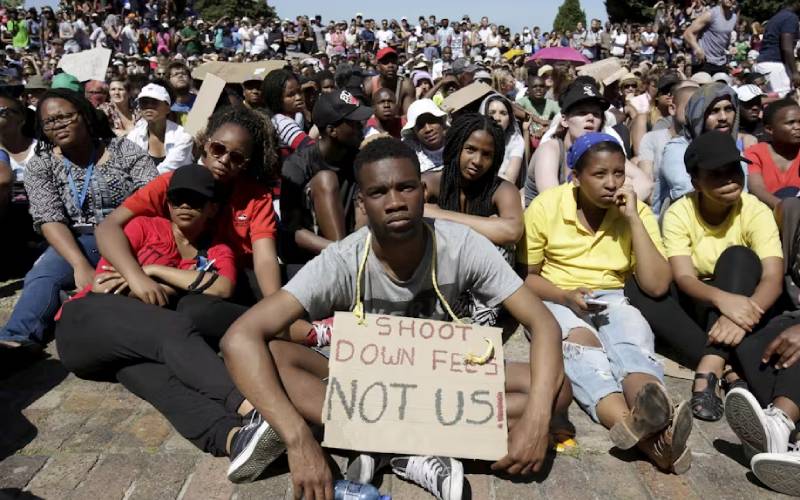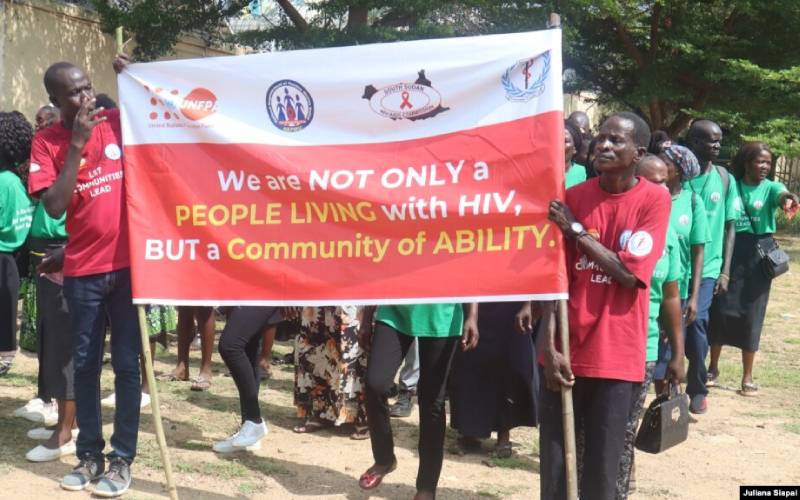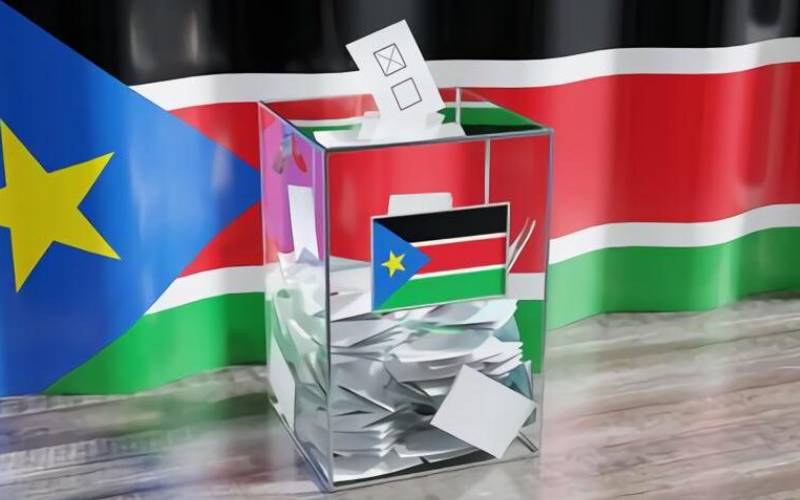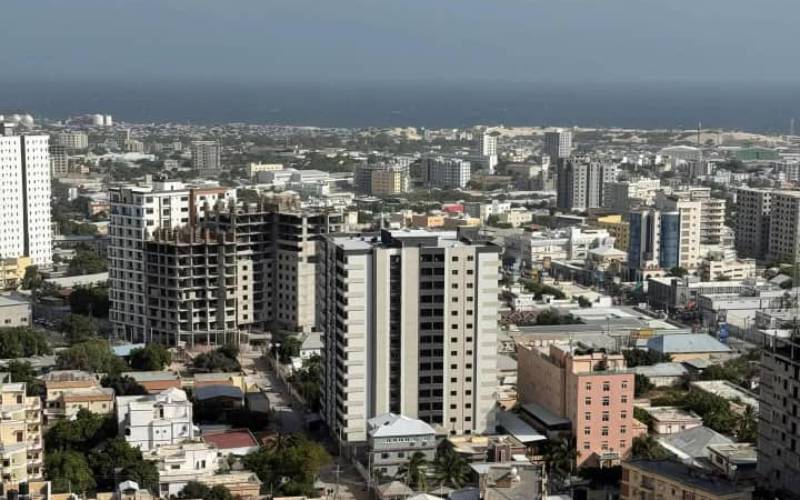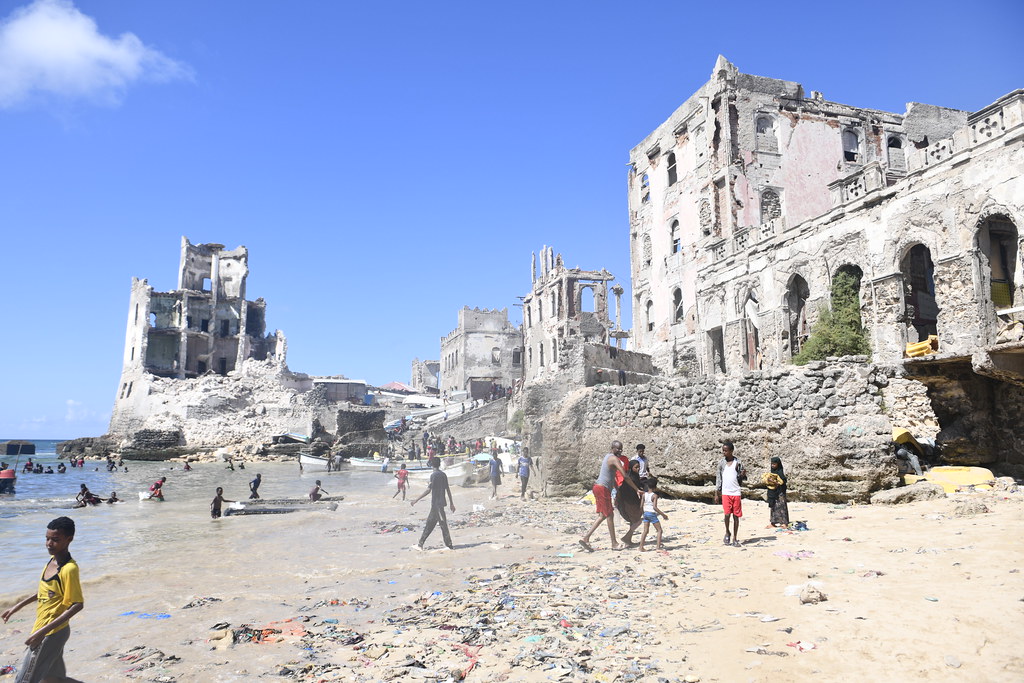By Dr. Sunday de John
This document serves as a reflection on the SPLM and the prospects for South Sudan's future. History reveals that once the guns of liberation movements fall silent, they often encounter a more insidious threat than external enemies. Initially, liberation movements are celebrated as heroes of freedom, and upon achieving their objectives, they tend to undergo a swift transformation, becoming captives of their own power. Based on this pattern experienced by liberation movements, the Sudan People's Liberation Movement (SPLM) currently stands at a pivotal moment, balancing its revolutionary history with a present filled with moral ambiguity.
It is well-known that the SPLM was deeply dedicated to the liberation struggle and emerged triumphant from this legitimate battle for dignity, identity, and independence. However, it has swiftly diverged from this significant accomplishment, unaware that revolutionary legitimacy is not eternal. The belief held by some within the SPLM that past sacrifices automatically grant them a lasting claim to power is merely a symptom of a looming oppression. Such occurrences reflect a dangerous political culture where leadership is treated as an inheritance rather than a form of service.
We have observed the inheritance of military ranks, and political positions being passed down through family lineage, either upon retirement or even prior. The senior members of the SPLM, some of whom are now being dismissed, seem oblivious to the notion that historical struggles cannot justify future impunity; any authority or leadership they wish to transfer to their offspring must be validated through performance, humility, and principled leadership.
The unsuspecting citizens who sacrificed their lives, as well as their support, resources, and livestock to aid the SPLM in achieving its liberation goals, have come to a realization: what began as a belief in liberation has since devolved into a bureaucratic entity characterized by stagnation and a troubling insulation of those in power from accountability.
It is undeniable that the fundamental values of the SPLM still hold significance, as this organization once brought the people of South Sudan together under a shared national vision. Today, however, it communicates in a fragmented manner, entirely consumed by the narratives of ethnic alliances, patronage networks, and politics of vengeance. The actions of the SPLM reveal its loss of moral direction. The very youth that it once rallied as the Red Army (Jesh-Amer), and that it has claimed to nurture, who ascended in ranks with discipline and revolutionary zeal, now find themselves marginalized.
What was the rationale behind cultivating a younger generation within the SPLM if they are now being overlooked and replaced by individuals lacking sufficient political knowledge, devoid of understanding the movement’s foundational principles, which include a clear ideology, vision, mission, internal democracy, national unity, adherence to the rule of law and constitutional governance, people-centered policies, women’s empowerment, and ethical, accountable, transparent leadership, as well as a sense of historical memory?
The young individuals, shaped by these values and who climbed the ladder through dedication rather than favoritism, have been marginalized. In their stead are individuals selected not for their beliefs or skills but for their convenience, closeness, or compliance. This betrayal transcends personal disloyalty; it is deeply institutional.
Despite the Arusha reunification agreement aimed at mending and revitalizing the party, the SPLM splintered even more.
The movement that once sparked unity now comprises competing groups such as SPLM-DC, SPLM-IO, SPLM-FDs, Real-SPLM, NAS, SSUF-P, NDM, NDM-PF, and SSUF/A, along with many other political offshoots, each steering in a different direction and bearing a fragment of a broken dream. In these moments, one cannot help but question: do the revolutionaries still remember their beginnings? Do they contemplate the blood that was shed, the hunger that was endured, and the comrades who were laid to rest in unmarked graves for the sake of their vision? Is this the South Sudan they had imagined?
Does the current condition of the Republic of South Sudan, built on the sacrifices of martyrs yet deeply entrenched in corruption, plagued by distrust, and fractured by ethnic divisions, genuinely honor the legacy of those who gave their lives for freedom? Or has it devolved into a perversion of the SPLM's newly adopted values?
The dissatisfaction triggered by this generative projection has not stayed confined to internal conversations. The named factions and others did not arise from ideological advancements; they surfaced from discontent, exclusion, and unresolved struggles for power.
Rather than having one or two strong parties that could steer the nation toward development, we are confronted with disjointed factions competing for power and dragging South Sudan in various conflicting directions. This scenario exemplifies not political maturity but a sort of national disintegration.
We recognize that most liberation movements enter a survival mode upon gaining power. They become apprehensive of change while losing sight of their original mission as change agents. They regard critics as adversaries and postpone necessary reforms until it becomes too late.
In the context of the SPLM, this apprehension towards internal correction has transformed comrades into conspirators who perceive reform as a betrayal rather than seeing it as an essential need to retain revolutionary significance.
Blinded by their newfound power and resources, elites amass wealth while promoting austerity for the poor. Consequently, citizens now perceive the SPLM not as a transformative force that once stood firm against adversity; rather, it resembles a corporation, run by a select few to fulfill the self-enrichment goals of its major stakeholders.
It has become clear that access to resources has replaced access to justice, quality education, healthcare, and even basic livelihoods. Contracts and financial rewards take precedence over camaraderie, and the economic hardships of the populace have faded into the background of the opulence enjoyed by a privileged few. The liberators must take notice of my assertion—or regard it with serious concern—that our cause for liberation can never truly be fulfilled if it results in the economic and political subjugation of our own people, as we are currently witnessing.
Even after governing the nation, many liberation cadres are still unwilling to detach themselves. They have no intention of addressing the corruption. They aim to penalize those who speak out about it or oppose it. Those suspected of desiring change are imprisoned, while the corrupt are celebrated. Some liberation leaders confuse continuity with mere stubbornness.
What they fail to realize is that neglecting to foster new leadership or suppressing emerging voices leads to deterioration. The SPLM has faced this situation multiple times; it stifles its capable cadres and promotes the inept, not because the competent ones have done anything wrong, but because they are either younger or think divergently.
They mistakenly believe that their legacy will be tarnished by the positive actions of their successors, failing to see that the successes of newcomers can reflect positively on them. I have witnessed various forms of decay, and I can now inform SPLM leaders that any revolution that does not regenerate will eventually decline.
For the SPLM to redeem itself, it must place moral clarity above simple party restructuring. Change does not mean replacing popular leaders with the weakest versions of themselves. Embracing generational change without apprehension is vital, but it should be rooted in merit. It is now evident that the party will struggle to restore its ideological discipline since no one prioritizes it over ethnic or friendship ties. Many anticipated that it would shift its focus back to service delivery rather than just seeking power.
We have frequently witnessed SPLM leaders threatening citizens and loyal members, forgetting that political parties succeed through committed memberships. On its road to redemption, the SPLM must openly recognize its shortcomings, not just in private discussions but publicly and bravely, as the people deserve transparency, not empty claims of performance.
The SPLM's new leadership, if not altered by President Salva Kiir Mayardit, should be aware that today’s South Sudanese youth are informed; they desire more than mere slogans; they expect authentic sincerity from their leaders. They need direction from those who emphasize “where we must go” over “where we came from.”
They deserve a party that looks to the future instead of clinging to the past. The revolution must progress, or it will inevitably diminish.
